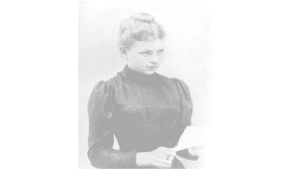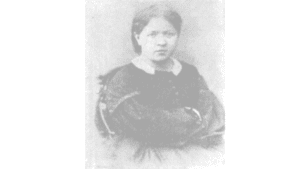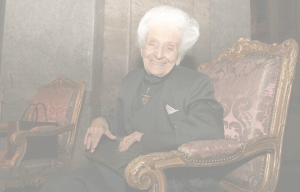Yesterday, CERU/SRUK attended the presentation of the ‘Cartas Vivas’ project, led by Nuria Capdevila-Argüelles from the University of Exeter and presented at the Spanish Embassy. ‘Cartas Vivas’ is a much-needed space for recovering the stories, voices, and presence of extraordinary women who played a role in the historical, social, and cultural context of 20th-century Spain and Latin America. As Borja Baselga from Fundación Santander, the organisation that made this project possible, pointed out, the initiative revives and unites their voices, bringing them to life through actresses who embody their emotions, struggles, and experiences.
The works of these women are not only still relevant but also stand as a testament to the circumstances that silenced them. As Nuria Capdevila-Argüelles stated, this project is an exercise in translation—across time, from the past to the present, but also from the silence of memory to an audible voice. Engaging with them means not only reflecting on this silence but also giving it a voice, allowing us to listen—an opportunity, but also a responsibility. Their memory is fragile, always on the verge of disappearing, often preserved only through the courage of family members who chose to share their legacy.
Thanks to the bravery of these families, ‘Cartas Vivas’ has been able to access archives, retrieve testimonies of these women’s artistic lives—quiet rather than silenced, withdrawn rather than forgotten—and give them new voice and vitality. This is the case of Teresa Sánchez-Gavito, who, along with Amalia Avia and Delhy Tejero, was one of the protagonists of the event. All three are artists who, at different times and under different circumstances, fought to carve out a space of their own for artistic expression, often doing so from a place of invisibility.
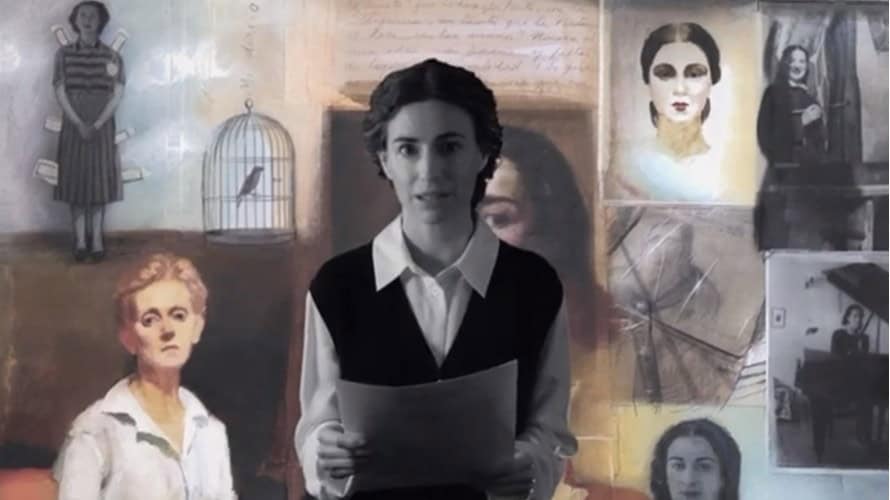
“My husband doesn’t know that I paint”, we hear Teresa Sánchez-Gavito say, brought to life by Elena Sanz. A phrase that echoes the stories of so many female creators who found refuge in art but also had to keep it a secret. Creating was not only an act of passion but also of resistance. The pain of Teresa’s repressed artistry emerges through the words in her diary, to which she clung avidly as an escape from that inner creative fire that she could never fully realise through painting. “What I truly long for is something that cannot be remedied: not to have been a man”, she wrote—a testament to the difficulty of making a name for herself in a world where female artistic creation was seen as a whim or a reproachable eccentricity.
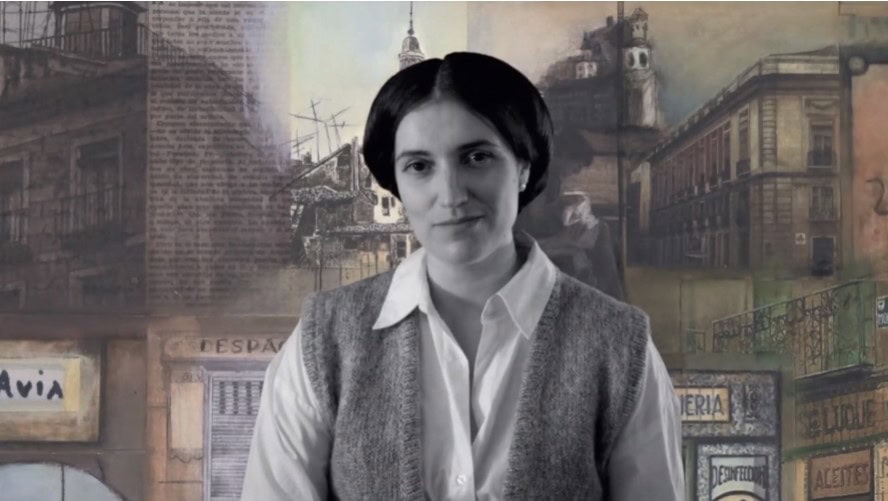
The case of Amalia Avia is particularly significant. Through Paula Rodríguez’s performance, we delve into the experience of her painting and her conflicted search for colour. We hear her fascination with tumultuous tones, which led her to explore with a certain boldness. The initial ‘furious yellow,’ which over time turns acrid, reveals a constant struggle between reality and expression. It is said that she was a happy woman, one who found fulfillment, yet her internal chromatic battle reveals the unresolved tension between happiness and the need to create. The struggle with the work that “never quite comes out,” that continues to pulse even when declared finished, is the essence of creative torment.
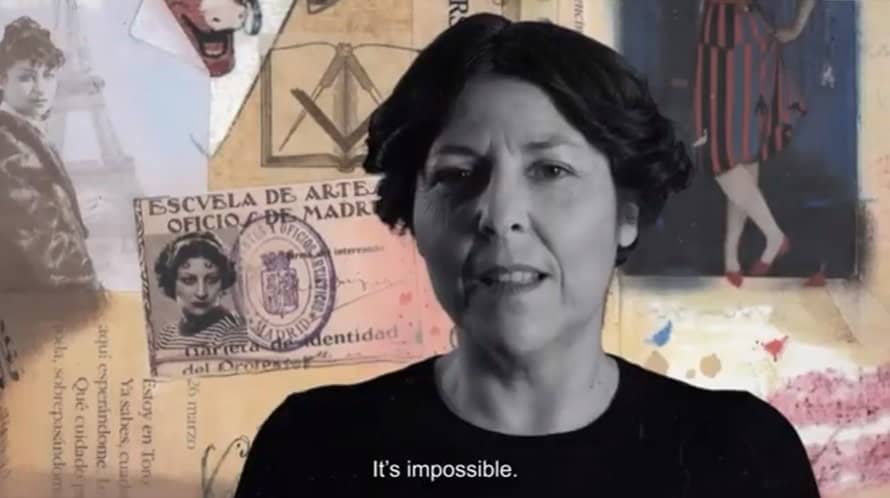
Delhy Tejero, on the other hand, embodies the opposite: she represents the figure of the modern and vitalist woman. A ‘die-hard single woman,’ as Capdevila-Argüelles described her, a painter of women who challenged conventions. Through Sofía Monreal’s interpretation, we gain insight into her bold inner world, where women cease to be passive muses and instead become protagonists of their own narrative. Delhy painted femininity through her own gaze, breaking with imposed tradition and leaving behind a legacy that, like so many others, was at risk of being lost.
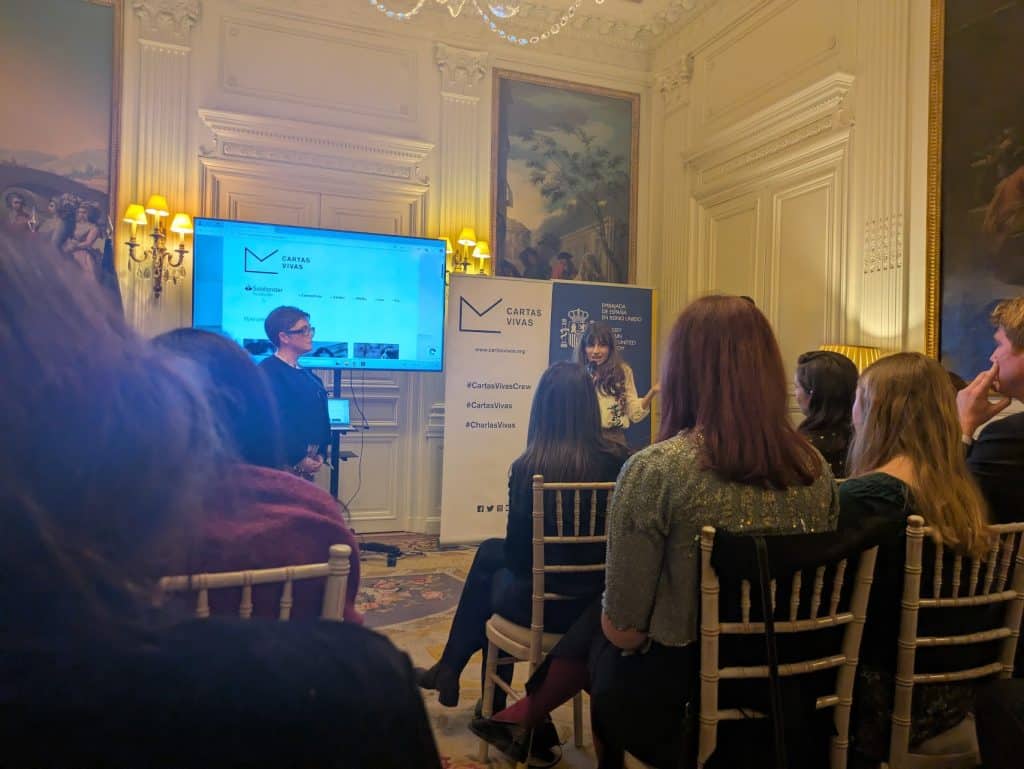
The memory of these women, fragile and often neglected, is being recovered thanks to projects like ‘Cartas Vivas’, which give voice to those who, in the past, could only speak through their diaries or their paintbrushes. Translating their voices into the present means restoring their strength and granting them the recognition they deserve, ensuring that their art and their struggle are not just echoes fading into history but instead remain a living presence in our culture. In a world where men’s stories have long dominated, the effort to bring these female creators into the light is an act of historical justice and a reminder that the fight for a space of one’s own in art and culture is still ongoing.
From SRUK/CERU, we invite you to explore the ‘Cartas Vivas’ library, where the voices of these women come to life through their own words and emotions: https://cartasvivas.org/en
By Dr Roser López Cruz (@roser.languagecoach), Spanish Literature Lecturer and Language Coach (ACC), Universidad de Córdoba / King’s College London / University of Westminster.

